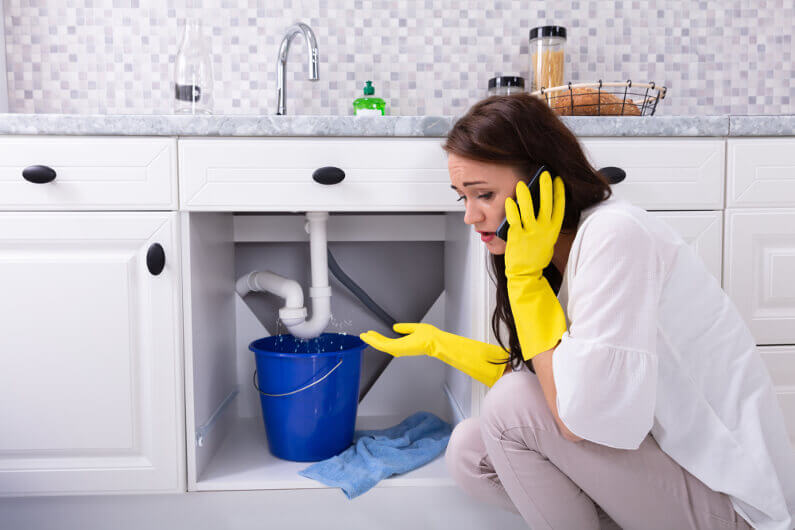10 Common Residential Plumbing Problems and How to Prevent Them

Image Source: Google
Dealing with plumbing issues in your home can be a major hassle. From leaky faucets to clogged drains, there are a variety of common plumbing problems that homeowners face. In this article, we will discuss 10 common residential plumbing problems and provide tips on how to prevent them from occurring in the first place. By taking proactive steps to maintain your plumbing system, you can save yourself time, money, and frustration in the long run.
1. Leaky Faucets
Prevention Tips:
- Regularly check and replace worn-out washers or seals.
- Avoid turning taps off too tightly to prevent damage.
- Address leaks promptly to prevent water damage and high water bills.
2. Clogged Drains
Prevention Tips:
- Avoid pouring grease or oil down the drain.
- Use a drain strainer to catch hair, food particles, and other debris.
- Flush drains with hot water and vinegar regularly to prevent buildup.
3. Running Toilets
Prevention Tips:
- Replace the flapper valve if it is not sealing properly.
- Check the fill valve and adjust the water level if necessary.
- Avoid using the toilet as a garbage disposal to prevent clogs.
4. Low Water Pressure
Prevention Tips:
- Check for leaks in the pipes or faucets that may be causing the issue.
- Clean faucet aerators and showerheads regularly to remove mineral buildup.
- Consider installing a water pressure regulator to maintain optimal pressure.
5. Water Heater Issues
Prevention Tips:
- Flush the water heater tank annually to remove sediment buildup.
- Insulate hot water pipes to prevent heat loss and save energy.
- Schedule regular maintenance checks to ensure the water heater is functioning properly.
6. Burst Pipes
Prevention Tips:
- Insulate pipes in unheated areas of the home to prevent freezing.
- Disconnect outdoor hoses and turn off water supply to outdoor faucets in the winter.
- Keep cabinets under sinks open during cold weather to allow warm air to circulate.
7. Sewer Line Backup
Prevention Tips:
- Avoid flushing non-biodegradable items down the toilet.
- Dispose of grease, oil, and food scraps in the trash instead of the sink.
- Have the sewer line inspected regularly to catch potential issues early.
8. Leaking Pipes
Prevention Tips:
- Monitor your water bill for sudden increases, which could indicate a leak.
- Inspect pipes for signs of corrosion, rust, or water stains.
- Address leaks promptly to prevent water damage and mold growth.
9. Toilet Clogs
Prevention Tips:
- Avoid flushing feminine hygiene products, wipes, or excessive toilet paper.
- Use a plunger or plumbing snake to clear minor clogs before they worsen.
- Consider installing a low-flow toilet to reduce the risk of clogs.
10. Sump Pump Failure
Prevention Tips:
- Test the sump pump regularly to ensure it is functioning correctly.
- Keep the sump pit free of debris and inspect the pump for any signs of damage.
- Install a backup sump pump or battery-powered pump in case of power outages.
By following these prevention tips and staying proactive about maintaining your plumbing system, you can avoid many common residential plumbing problems. However, if you do encounter a plumbing issue that requires professional assistance, don't hesitate to contact a licensed plumber to address the problem promptly.
What do you think?
Show comments / Leave a comment